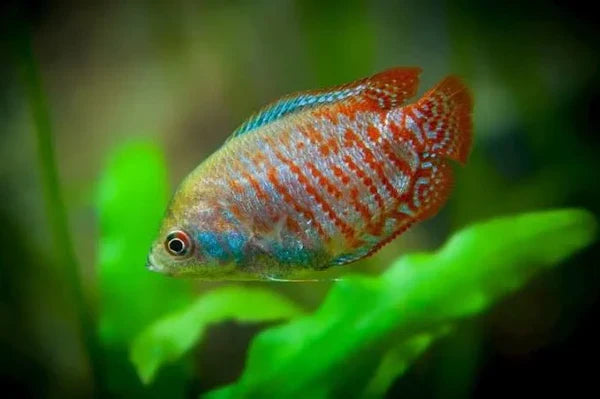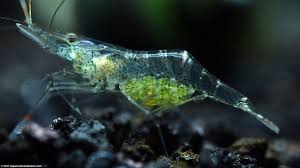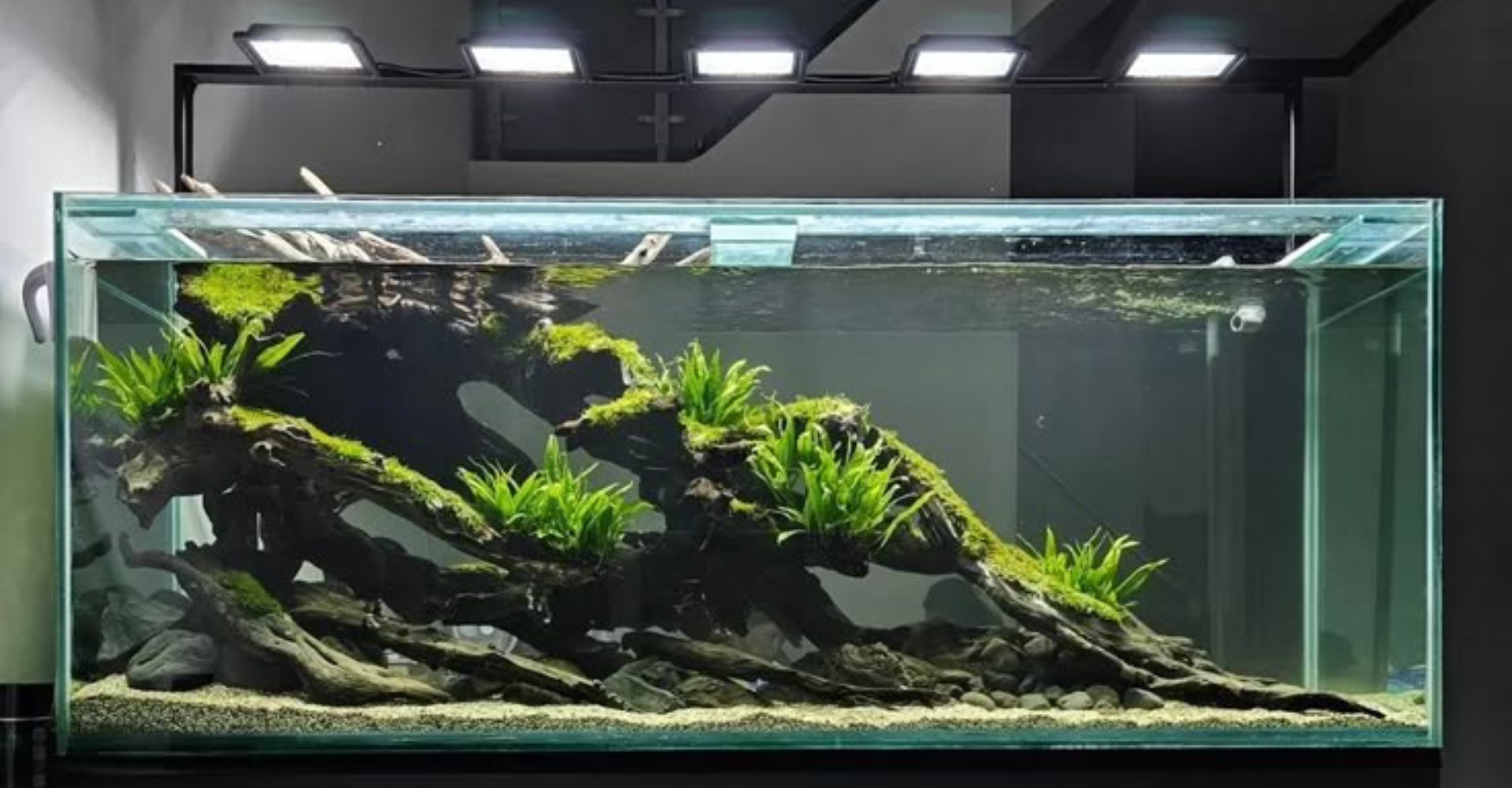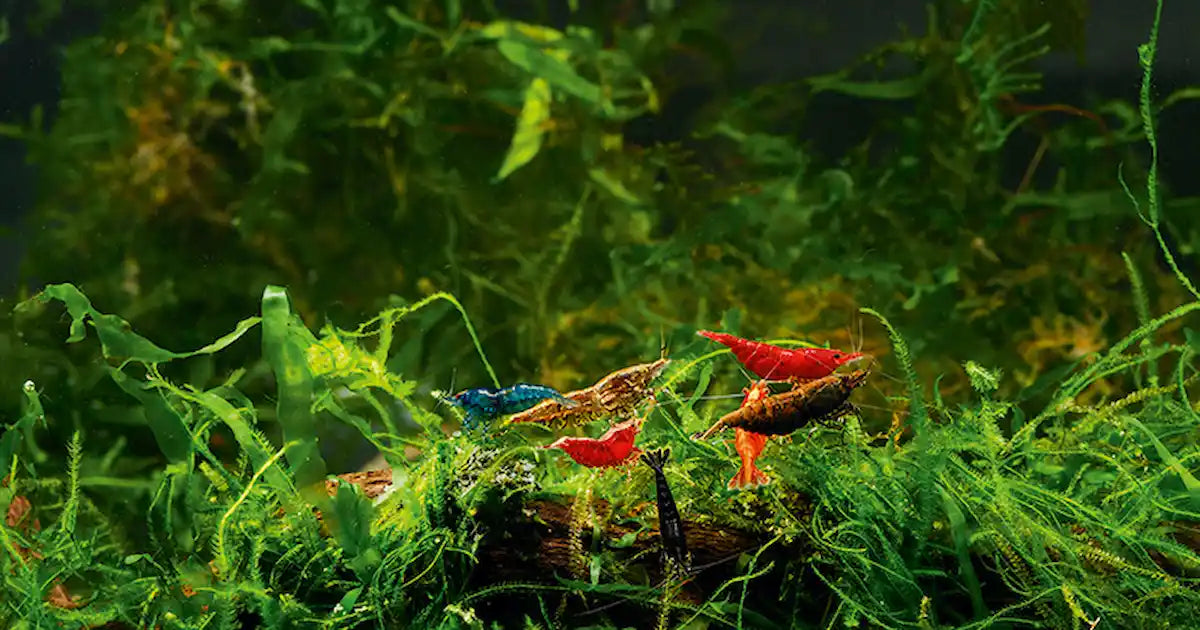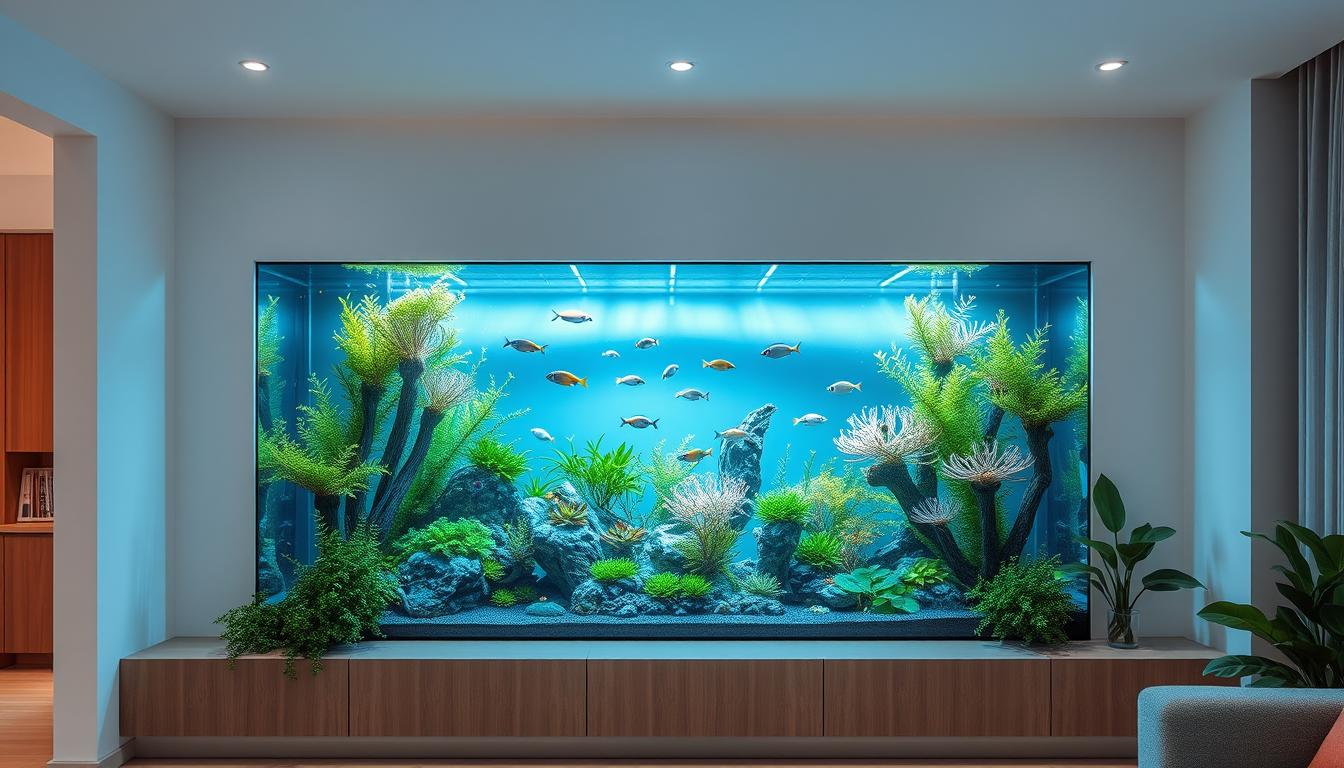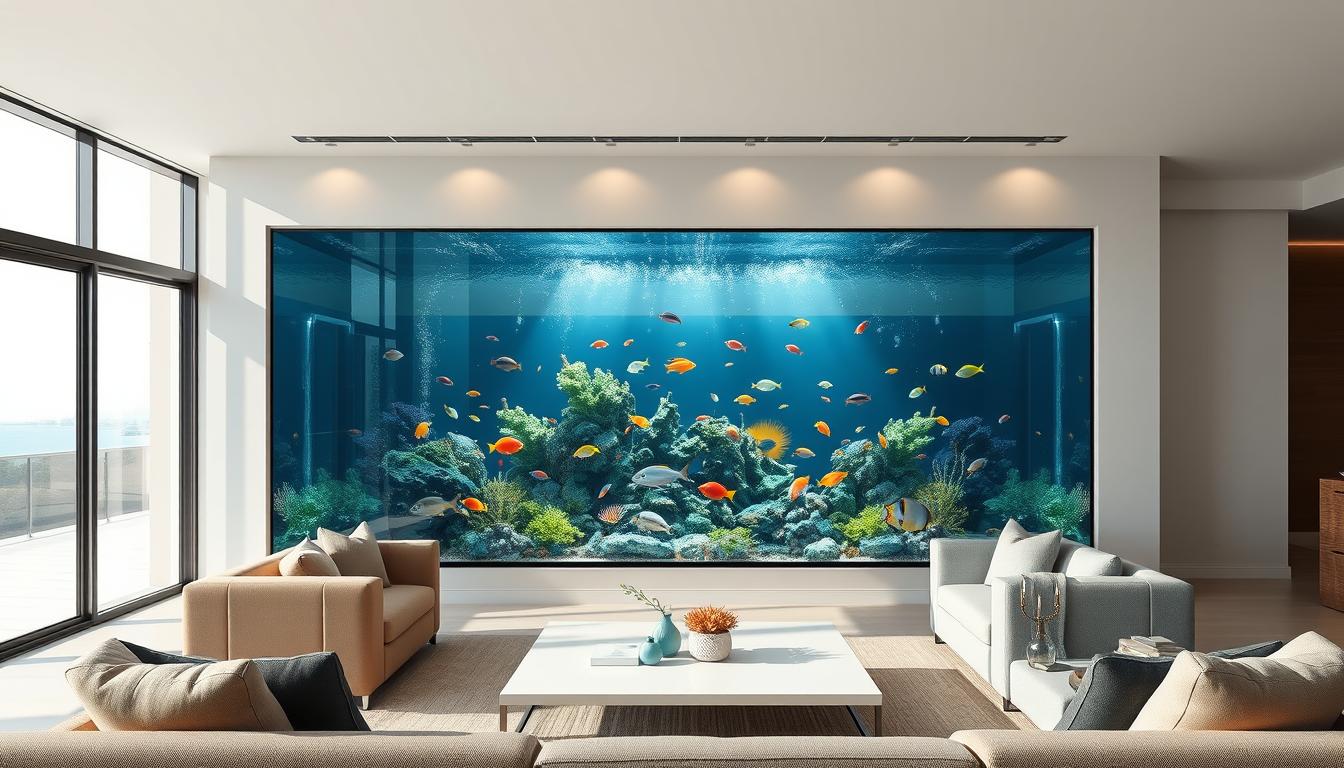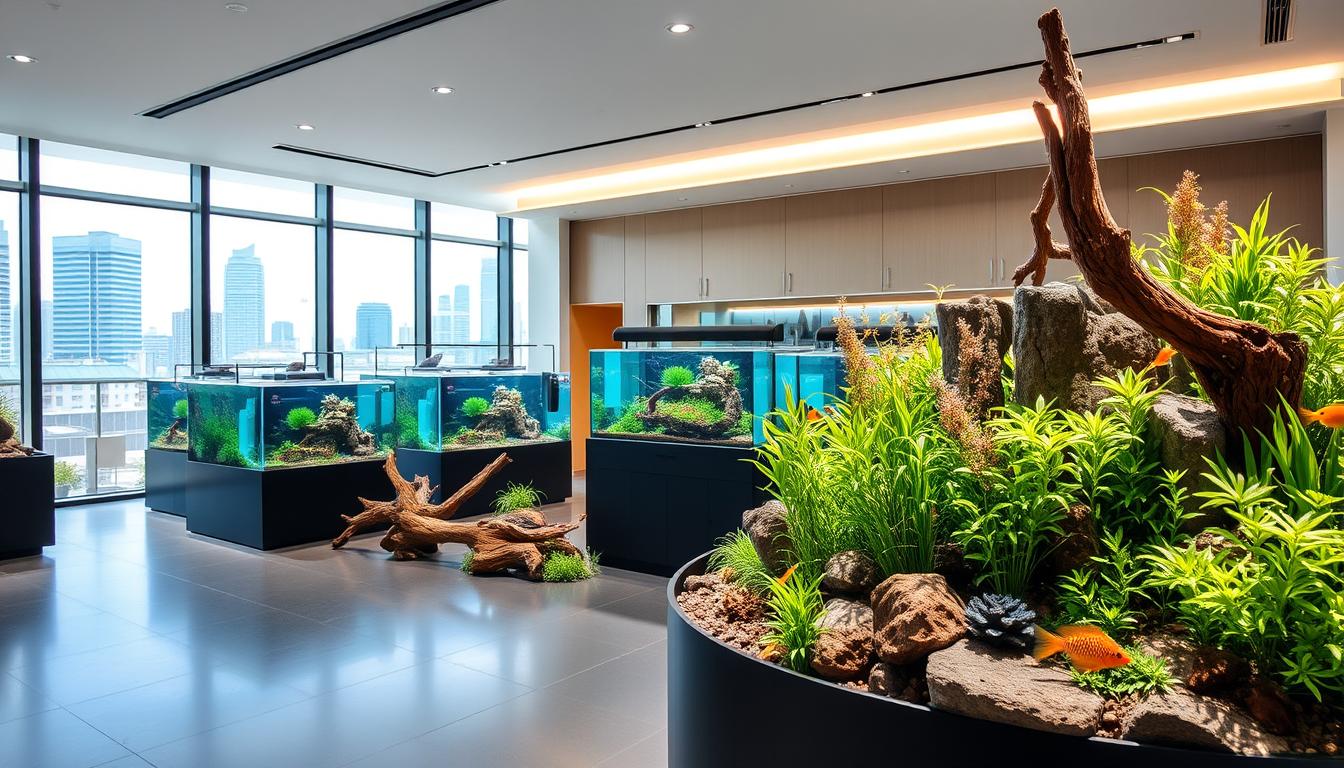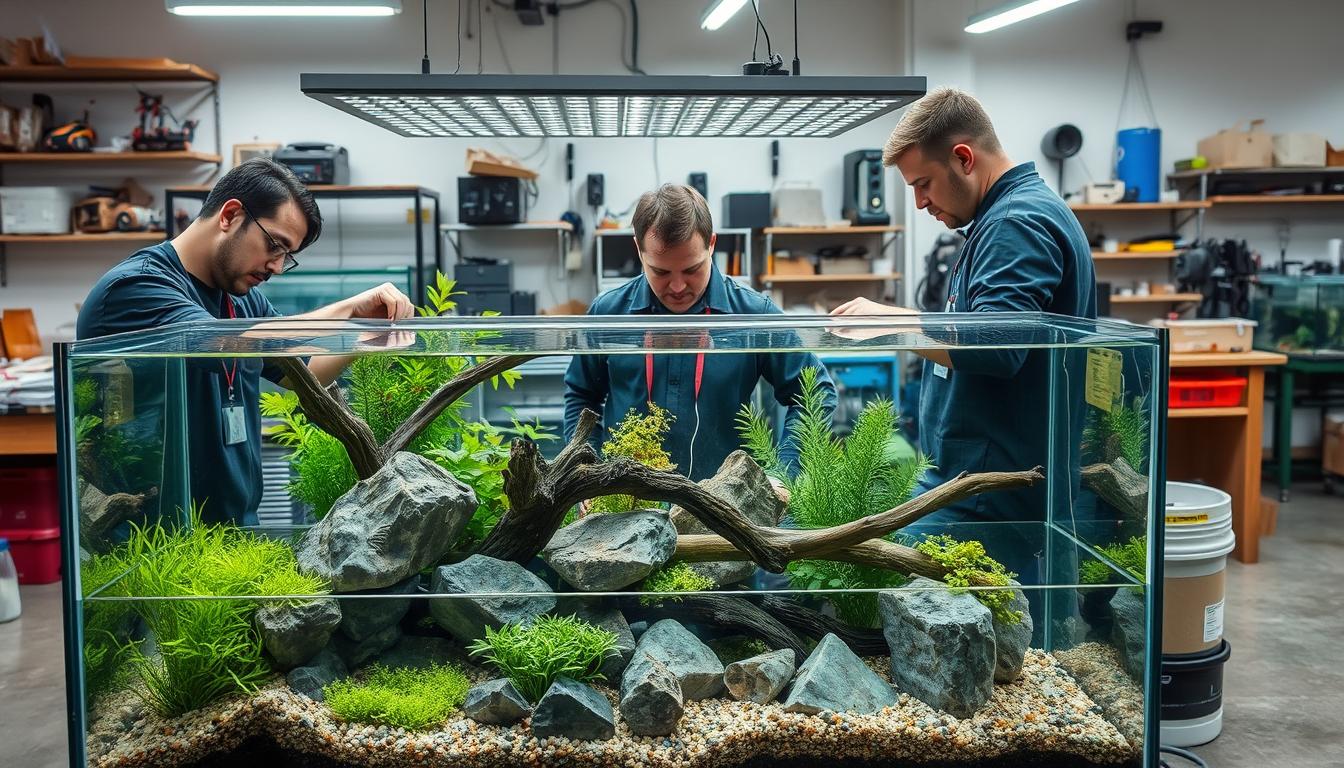The best way to deal with overseeing end up with your day is fundamental to plan and essentially taste a prize while watching something to discharge up following for the day work. Breaking down should be another decision yet not as discharging up as essentially watching the fishes inside the fish tank. Absolutely when an owner has a made fish tank, looking that the view can be pressure decreasing in this manner, to achieve that achievement, there are a few things to study that are crucial to getting to an astonishing fish tank from happening. If the plan is to make a great start.
We will look at two or three things for an owner to have a sharp starting right submit getting a fish tank that is proposed to last a productive and can be just a walk around the park later on. So here are the things to remember when starting up a new fish tank at home or anywhere an owner wishes to set it up.
Examination

The basic advancement before an especially built aquarium is research. Put aside the push to see what sorts of fish you should keep. Precisely when you have an idea of what you like to add to your aquarium, you can find beyond what many would consider possible they require and organize tank mates and gadgets to what they should prosper.
Aquarium Size

All around that issue any size aquarium is sensible for freshwater fish. In any case, the more diminutive the aquarium, the more unobtrusive and less number of fish you can keep. Various adolescents starting with a 10-gallon aquarium regardless of like route with saltwater aquariums, progressively imperative is better. An aquarium of at any rate 20 Gallons is proposed for teenagers. Progressively critical aquariums are typically capably dependable. A progressively noticeable freshwater normal structure can much more speedily manage the tiny bit at a time risks in water quality than a little condition, associating progressively noxious substances and diminishing the heap on the fish. Going before buying your aquarium, consider the adult size of the fish you are going to purchase and this general norm: one inch of the fish body (despite alters) per one gallon of water in the aquarium.
In all honesty, increasingly conspicuous aquariums are less perplexing to consider. The more water you have, the less problematic it is to manage "balance" in your condition. That is the explanation we propose starting with a 20-gallon aquarium or progressively important.
Setting Up Your Aquarium

The path into any aquarium is adequate filtration. You can inspect a few sorts, including power channels, canister channels, or wet-dry structures (for increasingly critical or vivaciously gave tanks). Confirmation there will be commendable bio-filtration to separate uneaten fish food and waste. In case you have any requesting or need the course, check with one of our skilled aquarium specialists, as these sorts stand apart from the size of aquarium and fish required.
You can use any sort of Substrate or rock that is made courses of action for freshwater to cover the base of your aquarium. It is crucial to pick a substrate or rock suggested for freshwater so it won't raise your pH. We offer a few size concentrations and tones from which you can choose to oblige your tendency. If you wish to keep live plants or an extraordinary kind of fish (like stingrays) progressively express substrates will be required.

Counting plants and embellishments licenses you to add your style and contact to your aquarium's condition. The nearly give your fish spaces to swim through and cover-up in case they need a break from the weight.
An all the more boiling is required to keep the temperature of your aquarium water between 76-80 degrees F. Real water temperature will keep your fish's insusceptible structure working fittingly.
Lighting essentials can change if you are keeping live plants. In case you are simply keeping fish, a chief astounding light or LED contraption will do what should be finished. Lights should be left on for a necessity of 8-10 hours dependably to disappoint the improvement of the vile green unforeseen development.
Keep test packs close by to screen your water and watch for changes in water science that can hurt your fish. Fundamental cutoff focuses to test join pH, smelling salts, and nitrite. You can in like manner screen nitrate and phosphate levels to screen green headway sources.
The Nitrogen Cycle

Before including your picked fish, your tank must "cycle" or become organically steady. Cycling is where a nitrifying microscopic organism colonizes in your channel and rock. This present microscopic organisms' main responsibility is to detoxify the squanders made by your fish. You will see that inside the initial not many weeks by testing your water, smelling salts and nitrite levels will ascend in the tank and gradually decline. Additionally, during this time, you may see the water in the aquarium begins to cloud or look dim. Try not to stress, this is regular, the darkness will pass rapidly all alone, or you can include a bacterial enhancement, for example, Stress Zyme or Stability to help lower alkali levels and help in the cycle.
Fish can be included around three days in the wake of setting up your aquarium. This time permits the temperature and pH to settle. The principal fish you should include are starter fish. The cycling procedure is exceptionally distressing for most fish so we suggest generous starters that can deal with unfavorable conditions. These are normally danios, little, non-forceful fish that come in a few hues. These fish will eat and make squander, prodding the development of the gainful microscopic organisms that will help total the cycling of your aquarium.

While your aquarium is cycling don't change any water or clear out your channel media. The loss of microorganisms will interfere with your cycle period, expanding the time you need to hold up before including other fish. Your tank will be cycled when smelling salts and nitrite both test at zero and nitrate tests low. This can take somewhere in the range of 3 to about two months. The key here is to show restraint.
Once cycled, fundamental aquarium upkeep incorporates taking care of, cleaning, and water changes. At the point when you buy your new fish, discover what food is ideal and how regularly they ought to be taken care of. Freshwater nourishment are accessible in the chip, pellet, and solidified assortments and each kind of fish has various inclinations. Cleaning support incorporates scratching green growth from the glass and siphoning your rock to expel uneaten food and waste. Water changes are significant because they assist evacuate with squandering and food that hurt water quality, and they assist include with the following components, supplements, and electrolytes that keep your fish cheerful and solid.
Conclusion the Cycle
This strategy will take someplace in the scope of 2 – two months. The key here isn't stacking too many fish or going with a fishless cycle. Completing the methods adequately will presumably realize early cycle satisfaction. After the second or third week, the aquarium water should be attempted. Either do this without anybody's assistance or find a pet store to test it for you. Test the degrees of the two smelling salts and nitrite.
The nitrite should spike around the second multi-day stretch of cycling. After this, it will begin to change over to nitrates. Right, when the nitrite has spiked and tumbled to 0ppm (someplace in the scope of 2 two months) you can incorporate more fish into the aquarium (progressively). Assurance your smelling salts and nitrites are 0ppm at this point. Do this steadily as there are compelled microorganisms in the channel. Counting new fish likewise quickly can spike smelling salts levels and result in a downsized cycle.
End of the Cycle
At the point when the nitrite and smelling salts are consistent at 0ppm, you can feel progressively extraordinary purchasing continuously expensive or shocking fish. For center sweethearts, angelfish and gouramis are a respectable choice.
On the occasion that following two months the smelling salts levels have not dropped you should guide your local fish store. It is likely a direct result of lacking filtration, overpopulation, or over-dealing with.
Step by step instructions to Cycle the Fish Tank

On the off chance that doing a cycle with fish (fishless is constantly suggested), You may bear the demise of a fish during the cycling time frame. This isn't surprising yet the hazard can be decreased by keeping up the 10-15% water changes each couple of days to expel overabundance squander.
Regardless of whether fish or fishless cycling does whatever it takes not to be anxious and hold off including any additional fish before the tank has finished its cycle. This will just slow the cycling procedure. It will likewise prompt over the top alkali to develop conceivably prompting more fatalities.
If you as of now have a setup aquarium, you may wish to utilize a portion of the channel medium or substrate from that aquarium. This can launch your microorganism's culture and diminish the trust that the cycle will end. This won't skirt the cycling procedure, just abbreviate it.
Don't hesitate to include plants during the cycling stage, these will frequently devour overabundance nitrates and lead to a more advantageous tank post-cycling. They won't be influenced by the rising alkali during the cycle. Make certain to expel any rotting leaves or stems inside the aquarium as these will additionally expand smelling salts levels.
Since you have effectively purchased and built your absolute first aquarium, you are a practiced aquarist. Why not intrigue your loved ones by transforming your aquarium into a characteristic planted aquarium. Oceanic plants develop and live in the aquarium and make any aquascape genuinely excellent.
Filter

The core of your tank that gives perfect, solid water. The Whisper EX Series Filtration Systems take the simplicity of keeping up an aquarium to an unheard-of level for amateurs to specialists the same. From its imaginative utilization of Timestrip innovation to the new-protected carbon channel transporter, each new element in this framework had been structured in light of effortlessness and comfort. This is genuinely the instinctive filtration framework that keeps your water clean and your fish and plants sound. With four models accessible, you will make certain to discover one that suits your aquarium size.
Your aquarium channel ought to be evaluated to turn over at any rate 3-5x the aquarium volume consistently. Utilize the Volume Calculator beneath to work out the required GPH. For littler aquariums, Hang-on-back channels are great. I suggest the Marineland Penguin Power Filters for their higher stream rate, unwavering quality, and convenience.
Filter Material
Delicately clear out the channel material under the tap or in a pail. As they have been put away in a distribution center or shopfront they contain residue and trash you don't need in your tank. If your channel contains a carbon parcel in fleece, be mindful so as not to tear this open.
Likewise, wash and clean any stones and decorations you will place into the tank. You will be shocked how much residue and soil falls off, you don't need that in your tank.
Spot the material go into the aquarium channel. If it is a hold tight filter you should physically top off the supply to begin the channel working. Hold tight channels have an idea about the top of which permits changing of its stream rate. For cycling put it at the most extreme.
Do likewise for a canister channel and guarantee the bins are firmly stacked and the top is firmly secured to forestall spills.
Absolute Three-Stage Filtration

A sound, effective aquarium requires legitimate filtration. Three phases are fundamental.
Mechanical Filtration traps strong garbage, for example, uneaten food and fish squander. Channel cartridges are a perfect wellspring of both mechanical and synthetic filtration.
Concoction Filtration utilizes media (actuated carbon) to adsorb (pull in and hold) broke down poisons that can cause water staining and scent. For mechanical filtration, there's a poly-fiber cushion to trap earth and flotsam and jetsam. For concoction filtration, every cartridge is stuffed with premium initiated carbon.
Natural Filtration is the third sort of filtration. It relies upon a culture of helpful oxygen-cherishing microbes to wipe out harmful alkali and nitrite that collect in aquarium water. The microscopic organism's culture naturally changes the smelling salts and nitrite into nitrate, which is evacuated with once-a-month halfway water changes. Gainful microscopic organisms will develop normally on numerous surfaces inside the aquarium (counting rock, enlivening stone, and plastic plants) and will give natural filtration.
On the off chance that your framework includes Marineland's protected BIO-Wheel innovation, a culture of microscopic organisms will develop on its surface. The microorganisms will flourish — because as the BIO-Wheel pivots, they are supported by an introduction to the bigger measure of oxygen noticeable all around. This is "wet/dry" Organic filtration.
Warmer

Fish can't deliver their body heat, so they depend on the temperature of the water. That is the reason the warmer is fundamental. The low voltage indoor regulator keeps up water at 78F with no modification required. Make certain to buy the right heater for your tank size. Purchasing a warmer unreasonably little for your tank can cause under warming. It is basic to guarantee your tank is outfitted with a hood or glass shelter to contain the warmth inside the aquarium.
A warmer might be utilized to keep up water temperature in your aquarium. Most tropical fish require a consistent water temperature somewhere in the range of 75 and 80 F. Goldfish and certain other cold-water species are the exemption to the standard. They can exist serenely without a radiator. A warmer is fundamental to constraining illness.
Two warmers are for the most part suggested however in a littler aquarium, you can utilize one if the room is absent. A warmer that will easily fit inside the aquarium is a decent decision. Sensibly speaking, higher wattage warmers are better as they will spare force and put less strain on the radiator.
Stick the radiator to the glass in your aquarium where there are acceptable water streams and the least permeability. Turn it on by pivoting the temperature handle anyplace somewhere in the range of 74 and 80 degrees (23 to 27 Celcius). An orange light should turn on while the warming component is dynamic. This will help with the cycling procedure.
Lighting

Taking everything into account, you should leave an aquarium light on for 8-12 hours; 10 is great. The lighting draws out the customary shades of your fish and is fundamental for live plant advancement. There is a wide scope of sorts of aquarium light establishments open. Your dealer can help you with picking the appropriate light device for your individual needs. An aquarium hood or spread is reliably a savvy thought since it helps keep with calculating in and airborne toxic substances out.
Critical Note: To avoid over the top green development improvement, limit the lighting of your aquarium to 7 to 10 hours out of every day. It's commonly easy to plug your lighting establishment into standard lighting:
The advantage however much as could reasonably be expected from your tank as it starts the way toward building microorganisms to help your eco-organize!d clock.
Benefit as much as possible from your tank as it begins the path toward building microorganisms to help your eco-organize!
Thermometer

The average ideal temp for freshwater tropical fish is 78º F.
Rock
Other than including common excellence, the rock gives advantageous microscopic organisms a spot to live. These microorganisms help separate the squanders your fish make.
Including Gravel
Add 1.5 to 2 pounds of rock for each gallon of aquarium water. Make certain to flush the rock completely (water should deplete clear) before including. The rock bed should slant bit by bit to the front of your aquarium.
Aquarium rock
Rock ought to be course enough to permit water stream however fine enough to support nitrifying microorganisms. Stream Stones, coarse sands, and glass rock are incredible decisions. Maintain a strategic distance from calcium and limestone-based substrates.
Aquarium Water Test Kit

A better than average quality test pack is critical. It will allow you to test for cycling before introducing fish. It will in like manner make you mindful of hurtful aquarium conditions and extra your tank tenants. The Freshwater Master Test Kit is an extraordinary test pack that grants you to test from PH, smelling salts, nitrite, and nitrate. Your LFS can test your water yet not if they are closed or a decent way from your home.
Quality fish food will realize marvelous, splendidly concealed fish. Fish should be dealt with on any occasion two times each day, purchasing in mass will give the best worth. Use a mix of concealing improving pieces and hardened sustenances for greater collection.
Aquarium Vacuum
The vacuum is the center of your care group. It will clear stool and junk from the stone. This will reduce nitrates and weight on your fish. In case you look like me and detest spilling water over the floor and carpet get the Python No Spill Vacuum and never recall.
Fishnet
Fishnets are significant for removing dead plant matter, bounty food, and moving your live fish.
Aquarium Glass Scrubber
The aquarium glass scrubber is essential. Persistently give your glass an expedient clear before parading your aquarium to friends and family.
Fish
Start with one, ideally economical. Here's the reason.
When setting up an aquarium just because, you need to ensure your tank is cycled appropriately and the hardware is working. That is the reason it's ideal, to begin with, one modest "test" fish from your neighborhood fish retailer.
Not all fish play well together. Diverse fish have various characters. Network Fish are acceptable tank mates, while Aggressive Fish need extraordinary mates or none by any means. It's in every case great to meet with your neighborhood fish retailer regarding the best blend of species. What's more, explicitly, tropical fish and goldfish ought not to blend.
Cleaning the Gravel
When you have picked the tank's situation the time has come to start setting up the aquarium. Take your bought rock and empty it into a basin. The proprietor should wash the fish tank rock. Numerous learners neglect to appropriately wash the substrate. This can prompt your pristine tank to be shady for quite a long time.
Take a hose with high weight and splash the rock/substrate straightforwardly in the can. At the point when the pail is filled enthusiastically wash the rock by moving your hands in a round movement. Following a couple of moments evacuate the filthy water in the pail while keeping the rock at the base. Rehash this procedure 4 to multiple times until the wastewater is noticeably more clear. A few substrates may keep on obfuscating the water in the wake of cleaning. This is not something to be frightened of. Fine and silty substrates will normally settle in the aquarium after some time. The cleaning procedure is gainful in expelling dust from capacity and transport.
Putting the Substrate
Tenderly spot the cleaned rock into the base of the aquarium. This will help maintain a strategic distance from harm to the base glass and blending any overabundance of better particles. A littler scoop or can aid this procedure. The substrate should then be smoothed with your hands to make an even base, at any rate, a large portion of an inch thick. It is prescribed to frame a slight inclination from the rear of the aquarium toward the front. This gives the aquarium a decent point of view and the impression of more prominent profundity.
Topping off the Aquarium
Top off the tank with a hosepipe, (note on the off chance that it is a little tank or you don't have a tap close by you should utilize pails).
Utilize a water de-chlorinator in the wake of filling. Even though there are no fish, chlorine and chloramines can develop after some time. You will require a top-notch de-chlorinator for the life of your aquarium. It is sound beginning speculation as you should utilize it each time you do a water change. Seachem Prime, API faucet water conditioner, Tetra Aqua Safe, and Kent Detox are for the most part the absolute most well-known decisions and each will work admirably.
Fish Upkeep
The fish will no doubt be stressed as they pass on the brunt of the cycling technique. A not too bad technique to reduce the proportion of smelling salts is to do little water changes predictably. Around 10-15% should be changed, any more and you will evacuate the smelling salts and nitrite that the infinitesimal life forms are endeavoring to profit by.
Assurance a de-chlorinator has been added to the water. Any chlorine/chloramines will execute the microorganisms and ruin the cycling strategy.
Dealing with the fish should be done warily and sparingly. Wealth additional food will add to the smelling salts and nitrite that are currently present.

